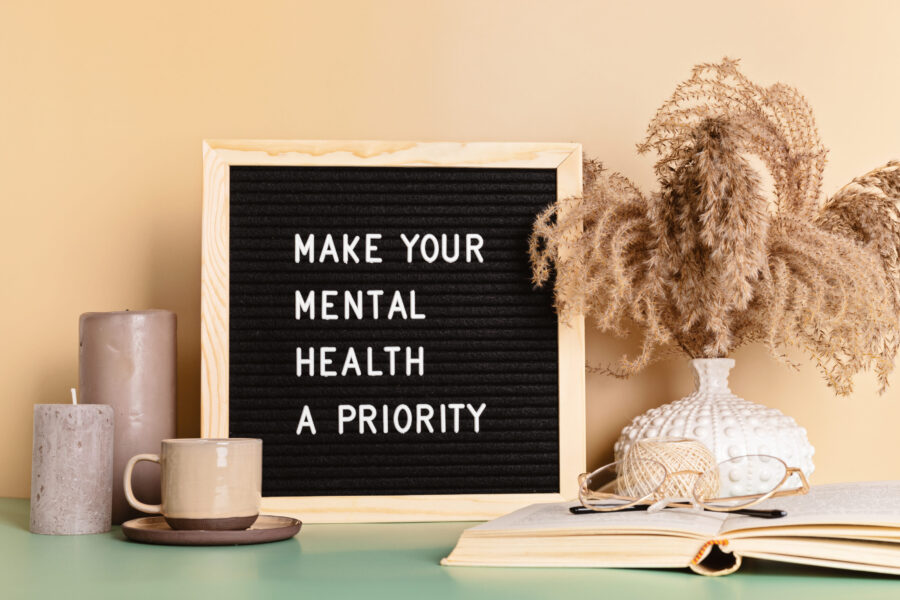The need for mental health services has risen dramatically since the pandemic, but access to these services isn’t always easy. According to 2022 data from the National Center for Health Statistics (NCHS), the percentage of adults who receive mental health treatment has risen from 19.2% to 21.6% between 2019 and 2021.
There’s much to consider if you’re in the market for a therapist. We spoke with Colleen Marshall, Chief Clinical Officer atTwo Chairs, a company that connects clients with therapists, about what to consider while interviewing providers.
Specialty
There’s a big difference between needing assistance with low-grade anxiety about a big work project and looking for a therapist who can help you work through childhood trauma. Both are important issues to address, but they require a different skill set. Finding a therapist with experience dealing with your challenges is key.
“Specialists have the right tools to help you most effectively,” says Marshall. “It’s important to find a therapist who has experience with the issues you’re dealing with, whether it’s anxiety, depression, trauma, or something else.”
Style
Not all therapy sessions operate the same way. Are you looking for someone who gives advice or provides more of a listening ear? Someone who encourages you to dig deeper or supports you where you are?
“Different therapists use different methods, like cognitive-behavioral therapy (CBT) or humanistic therapy,” says Marshall. “It’s good to understand these styles and find one that feels right for you.”
Similarly, different styles work best for different issues, which is key to the therapy specialties mentioned above.
Connection & Cultural Understanding
“The bond, sometimes called ‘therapeutic alliance,’ between you and your therapist is so important for therapy to be effective,” says Marshall. “You should feel comfortable, open, and understood by your therapist to get the most benefit from each session.”
When searching for a therapist, consider what will make you feel most at ease. Many women prefer to work with female therapists. Likewise, it can be helpful to have a therapist from a similar cultural or racial background who will better understand your experience.
Logistics
There’s no getting around this one. It’s important to know whether a therapist’s schedule will align with yours and whether they offer in-person or online services, depending on your preference. Cost and insurance coverage are also important logistical factors in starting treatment.
Don’t Give Up
Finding a therapist can be exhausting and laborious, but Marshall encourages folks not to give up on this crucial health service.
“Mental health issues are common and can seriously impact your life, relationships, and work,” she says. “Therapy can tackle a range of issues, from everyday stress to more serious mental health challenges, and it can really improve your overall well-being.”



 2 min read
2 min read

